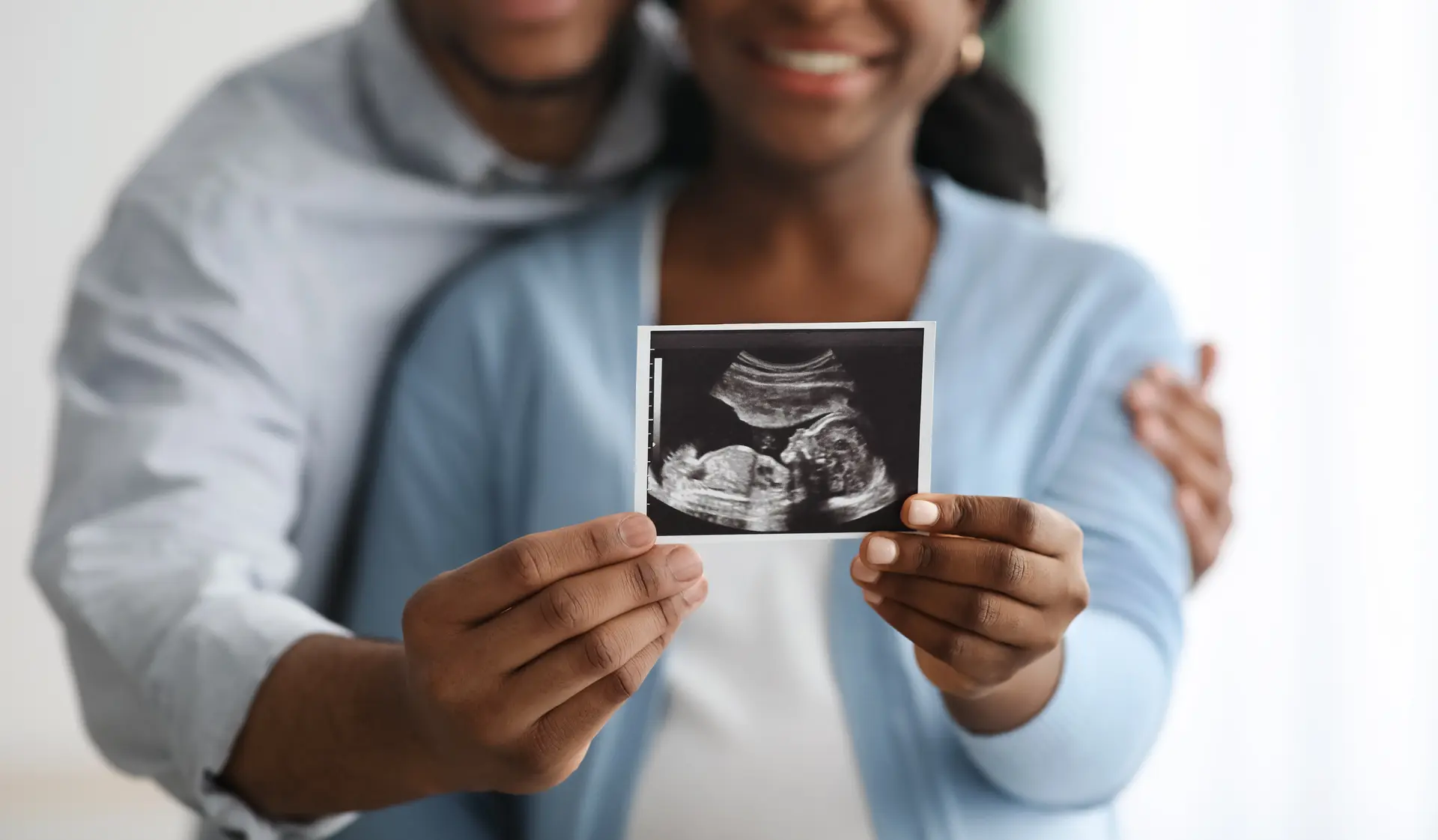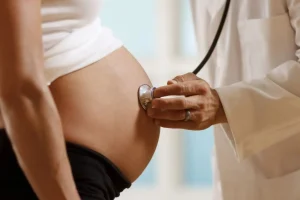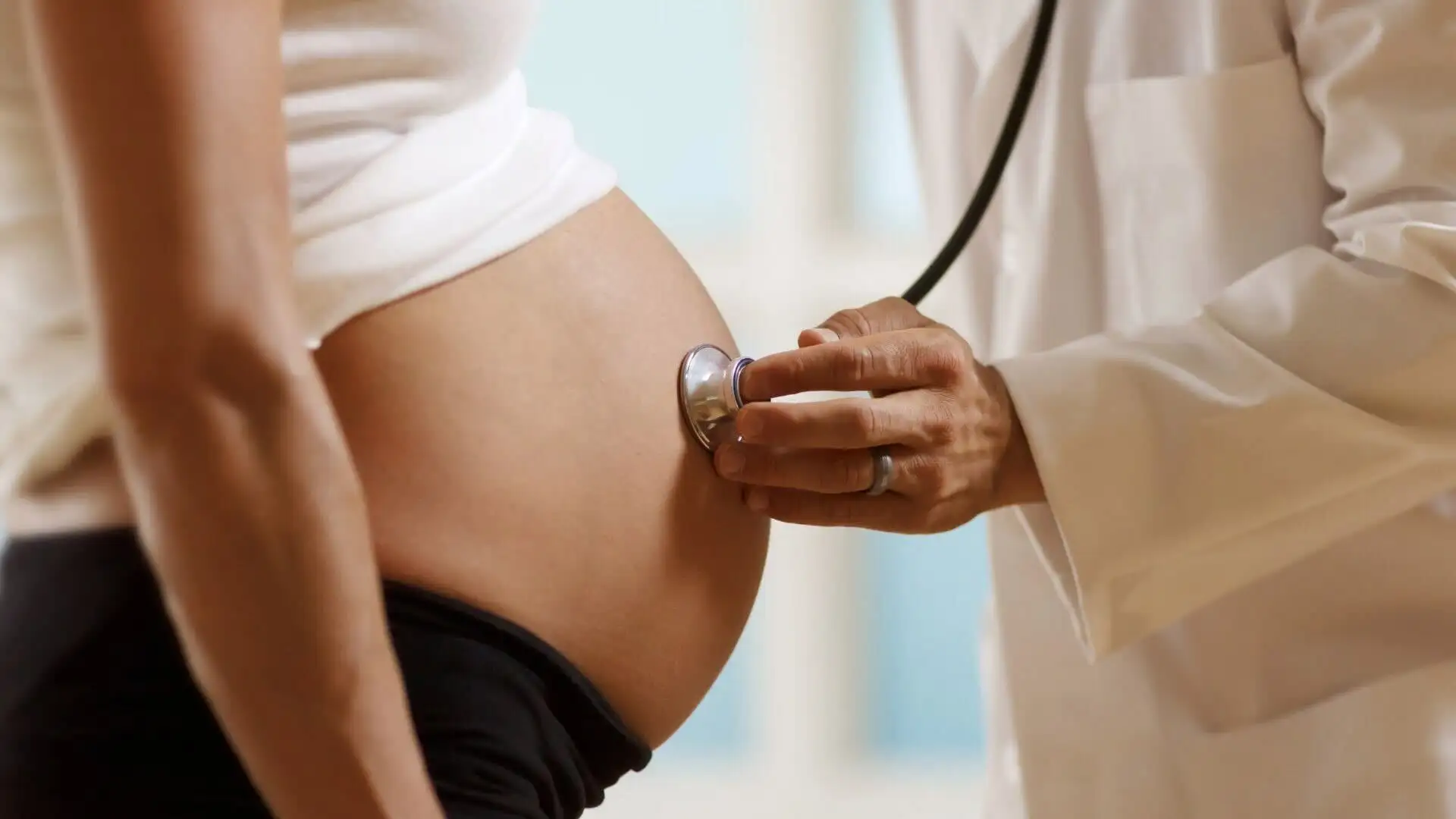HPV and Fertility: Is There a Link?
Human papillomavirus (HPV) is one of the most common sexually transmitted infections worldwide, with many strains affecting both men and women. While HPV is primarily known for its link to cervical cancer, its potential effects on fertility have become an area of growing concern. Can HPV cause infertility? This question is particularly significant for people trying to conceive or those considering future reproductive plans. Although HPV does not directly cause infertility, it can lead to complications that may impact both male and female fertility.
Table of Contents:
- HPV and Infertility: Is There a Connection?
- How Does HPV Impact Conception?
- Effects of HPV on Pregnancy and Miscarriage Risk
- HPV and Assisted Reproduction: Impact on IVF Success Rates
- Protecting Fertility with HPV: Prevention and Treatment
- Understanding HPV Transmission and Long-Term Outcomes
- Can I Have a Baby If I Have HPV?
HPV and Infertility: Is There a Connection?
The direct link between HPV and infertility remains a subject of ongoing research. HPV itself does not cause sterility, but its secondary effects, such as cervical dysplasia, chronic inflammation and alterations in sperm health, can influence fertility outcomes.
In women, persistent HPV infections can lead to cervical dysplasia and fertility concerns, particularly if abnormal cell growth requires surgical intervention. Procedures such as cone biopsies or loop electrosurgical excision procedures (LEEP) to remove precancerous lesions may weaken the cervix, potentially affecting its ability to support a pregnancy. Additionally, chronic inflammation and immune responses triggered by HPV could create a less hospitable environment for conception.
For men, HPV and male fertility are interconnected through potential effects on sperm quality and motility. Studies suggest that HPV-infected sperm may have reduced viability, making fertilisation more challenging. Furthermore, the presence of HPV DNA in sperm has been associated with an increased risk of miscarriage, indicating a potential impact on early pregnancy outcomes.
How Does HPV Impact Conception?
Couples trying to conceive may wonder: how does HPV impact conception? The virus can interfere with the reproductive process in several ways. In women, HPV-related cervical abnormalities can alter mucus production, making it harder for sperm to reach the egg. In addition, inflammation caused by the virus may disrupt implantation, reducing the chances of a successful pregnancy.
For men, HPV can directly affect sperm DNA integrity, leading to an increased likelihood of failed fertilisation or early pregnancy loss. While not all men with HPV will experience fertility issues, those with persistent infections may face challenges in achieving a healthy pregnancy with their partners.
Effects of HPV on Pregnancy and Miscarriage Risk
Once conception occurs, many people wonder about the effects of HPV on pregnancy. While most HPV infections do not directly harm a developing baby, certain strains have been linked to an increased risk of miscarriage, premature birth and low birth weight. Furthermore, HPV can be transmitted from mother to baby during delivery, though serious complications in newborns are rare.
HPV and miscarriage risk are particularly concerning for couples undergoing fertility treatments. Some studies suggest that HPV-positive women may have a higher chance of miscarriage, possibly due to immune responses triggered by the virus. This underscores the importance of managing HPV infections before attempting conception.
HPV and Assisted Reproduction: Impact on IVF Success Rates
For individuals undergoing fertility treatments, HPV and assisted reproduction is a topic of interest. Research indicates that HPV infections may lower the success rates of in vitro fertilisation (IVF). This is partly because HPV can affect the endometrial lining, making implantation less likely. Moreover, sperm carrying HPV may contribute to early embryonic loss, impacting IVF success rates.
Despite these challenges, many HPV-positive individuals successfully conceive through assisted reproduction. Fertility specialists may recommend additional screenings and treatments to improve the likelihood of a healthy pregnancy.
Protecting Fertility with HPV: Prevention and Treatment
The good news is that protecting fertility with HPV is possible through proactive measures. The HPV vaccine and fertility preservation strategies play a crucial role in preventing complications associated with the virus. The HPV vaccine, when administered before exposure to the virus, significantly reduces the risk of cervical abnormalities and associated fertility issues.
For those already infected, HPV treatment and fertility management are essential. While there is no cure for HPV, regular screenings, a healthy lifestyle and medical interventions can help prevent complications. Women diagnosed with cervical dysplasia should work closely with their healthcare providers to determine the best treatment options that balance disease management with fertility preservation.
Maintaining a strong immune system can help the body clear HPV naturally. Lifestyle factors such as a balanced diet, regular exercise, stress management and quitting smoking can all contribute to improved reproductive health.
Understanding HPV Transmission and Long-Term Outcomes
Many people diagnosed with HPV wonder: why am I suddenly HPV positive? The virus can remain dormant for years before becoming detectable, which means a past exposure may only now be showing up in medical tests. This can cause confusion, especially in long-term monogamous relationships.
Similarly, the question of how faithful couples get HPV often arises. HPV is so common that even a single past exposure can lead to an infection that persists undetected for years. It is not necessarily a sign of infidelity; rather, it reflects the complex nature of viral dormancy and reactivation.
For those concerned about whether they are stuck with HPV for life, the answer varies. In most cases, the immune system clears the virus within a few years. However, some people experience persistent infections, which may require ongoing monitoring.
HPV outbreaks can be triggered by immune system fluctuations, stress, smoking or other lifestyle factors. Managing these triggers can help reduce the likelihood of recurrent symptoms.
Can I Have a Baby If I Have HPV?
One of the most pressing concerns for people diagnosed with HPV is whether they can still conceive and carry a healthy pregnancy. The answer is overwhelmingly positive: most people with HPV go on to have children without complications. While HPV and infertility in women can be a concern in specific cases, especially when cervical procedures or immune responses are involved, proper medical care and monitoring can mitigate risks.
For couples where only one partner has HPV, understanding HPV transmission is key. What happens if my wife has HPV? In most cases, male partners may already have been exposed but remain asymptomatic. Using protection, maintaining regular check-ups and discussing concerns with a healthcare provider can help minimise risks.
Conclusion
HPV is a common yet manageable condition that does not necessarily prevent people from having children. While there are links between HPV and infertility, particularly in cases of persistent infection, cervical dysplasia or sperm abnormalities, the majority of people with HPV can conceive successfully. Through early vaccination, regular screenings and a proactive approach to reproductive health, it is possible to protect fertility while managing HPV.
For those experiencing fertility challenges, working closely with your specialist can help you navigate the best course of action. Whether through natural conception or assisted reproductive technologies, many people with HPV achieve their family-building goals. By staying informed and proactive, you can take charge of their reproductive health while minimising the potential risks associated with HPV.
Learn more about HPV by chatting to your primary healthcare provider. Our experienced general practitioners are always available for consultations on any matter. Make an appointment with a Lenmed GP near you.
If you are struggling to conceive, consult a Lenmed fertility specialist to explore your options and develop a personalised plan.
With advances in assisted reproductive technology and a compassionate approach to care, hope and healing are within reach.
For more information, please contact:
Dr Mosimowame Jamieson-Selema
Discipline: Gynaecologist, Obstetrician
Hospital: Bokamoso Private Hospital
Telephone: +267 369 4222
Discipline: Gynaecologist, Obstetrician
Hospital: Randfontein Private Hospital
Telephone: +27 (0) 87 087 0611
Dr Emília Gonçalves
Discipline: Gynaecologist, Obstetrician
Hospital: Maputo Private Hospital
Telephone: +258 840957900














